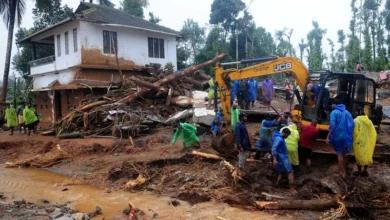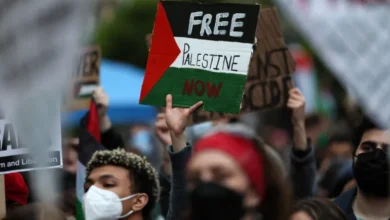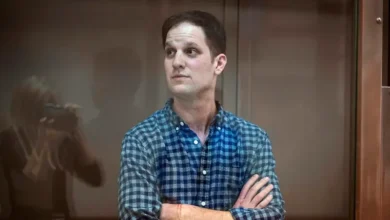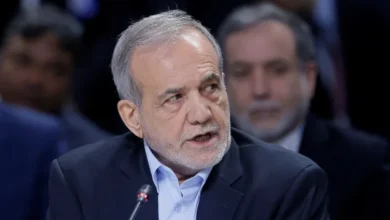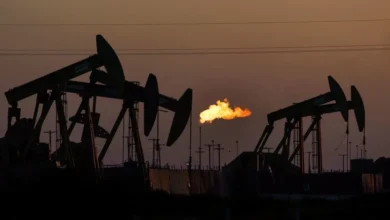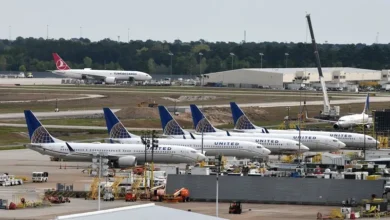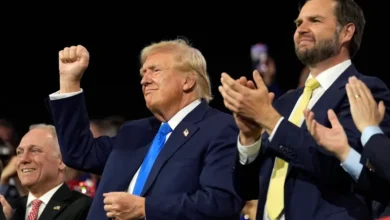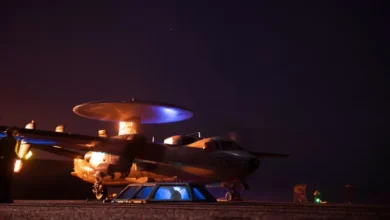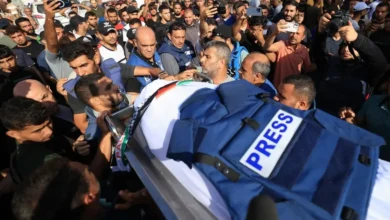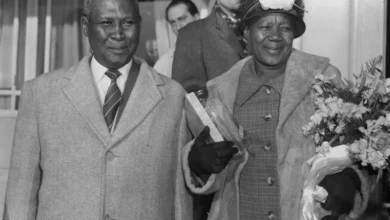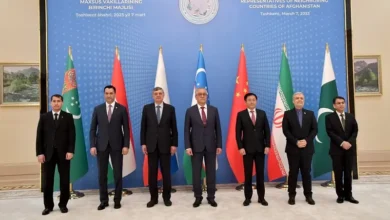How will a pro-Russia party winning Slovakia vote affect the Ukraine war?
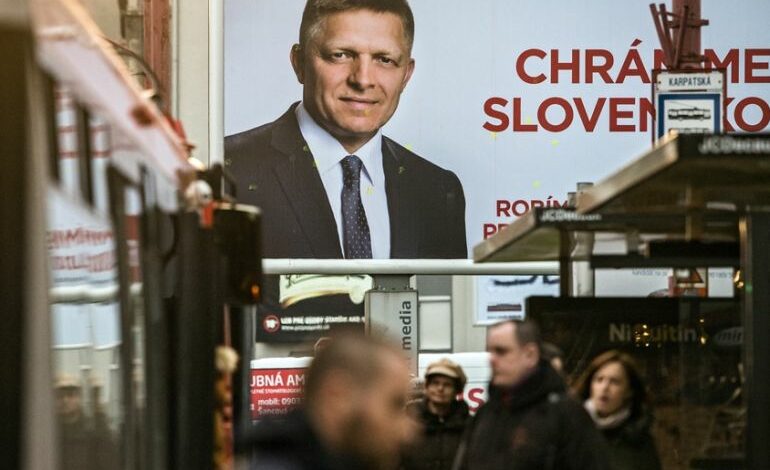
The leftist-populist party of former Prime Minister Robert Fico has won the parliamentary elections in Slovakia, running on a campaign with two clear messages: no more military support to Ukraine and no more sanctions against Russia.
Fico’s Smer-SD party scored nearly 23 percent of the vote, earning the president’s nod on Sunday to start talks to replace a technocrat government that has been backing Kyiv against Russia’s invasion.The parties likely to join the new coalition are the left-wing Hlas (Voice) party – which won 14.7 percent of the votes – and the ultranationalist Slovak National Party, a clear pro-Russian group, that received 5.6 percent.
A liberal, pro-West newcomer, the Progressive Slovakia party was a distant second with 18 percent of the votes. Its leader Michal Simecka, who is the deputy president of the European Parliament, said his party respected the result.
“But it’s bad news for Slovakia,” he said. “And it would be even worse if Robert Fico manages to create a government.”
No more aid to Ukraine?
Slovakia is a member of the NATO military alliance, which is backing Ukraine against Russian President Vladimir Putin, but many of its people are sympathetic to Moscow’s line that the West wants to annihilate it.
Fico, 59, said Slovakia has bigger problems than the Ukraine issue, including energy prices and living costs, but his party would do everything possible to start peace talks. During his campaign, Fico pledged to stop supporting neighbouring Ukraine in its war against Russia.
“We are not changing that we are prepared to help Ukraine in a humanitarian way,” said Fico, whom analysts consider to be inspired by Hungary’s nationalist Prime Minister Viktor Orban who has frequently clashed with the EU.“We are prepared to help with the reconstruction of the state but you know our opinion on arming Ukraine,” he added at a news conference.
In the past, Fico had opposed Ukraine’s bid to join NATO, saying it would “mean the beginning of World War III”.“The war in Ukraine didn’t start a year ago, it started in 2014 when Ukrainian Nazis and fascists started murdering Russian citizens in the Donbas and Luhansk,” he had said in August.
“We need to tell the whole world: Freedom came from the East, war always comes from the West.”So far, Slovakia – a country 5.5 million people created in 1993 following the breakup of Czechoslovakia – was a staunch supporter of Ukraine.
Since the start of the war in February last year, Bratislava opened its borders to the fleeing refugees and was a key logistical hub in NATO’s effort to transport military support to Ukraine.
Slovakia – ranked among the top five European donors to Kyiv in terms of its gross domestic product – donated more than half its MiG fighter jets and dozens of infantry vehicles. It was the first EU country to support Kyiv with an antiaircraft missile system, the S-300.
